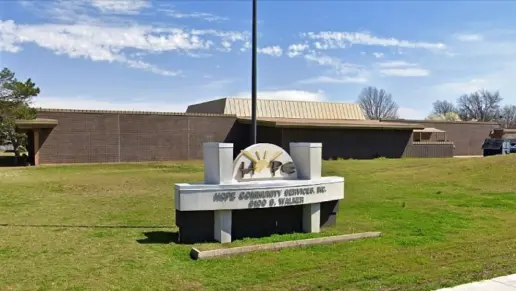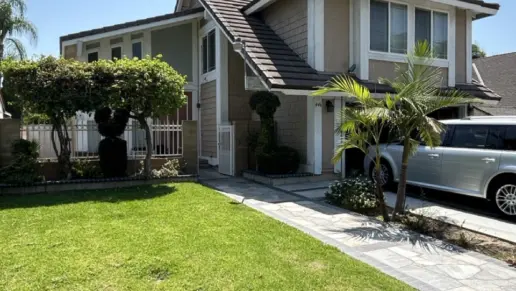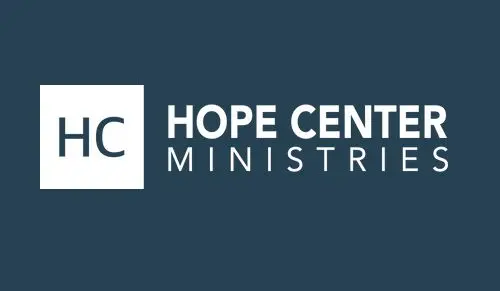Thank you so much for your help, you made me realize drugs aren't the solution and they aren't one way to escape either.
About Country Road Recovery Center
Country Road Recovery Center is a drug and alcohol rehabilitation facility in Tecumseh, Oklahoma. They’re staffed with licensed clinicians and are a certified addiction treatment program. They also have staff members who are alumni of the program. They specialize in helping individuals who have co-occurring disorders, providing them guidance in understanding the root cause of their substance abuse.
The programs at the facility are residential addiction treatment, aftercare, and family addiction education. Country Road Recovery Center also has a specialized addiction treatment program for veterans. Clients will have a relaxing setting to stay at, with the facility situated on 135 acres of green pastures.
The center believes that substance abuse is generally caused by mental health issues like PTSD and anxiety or underlying trauma. Clinical staff focus on providing clients with trauma informed care that’s customized to each patient. Some of the therapeutic approaches that clinicians will use are cognitive (CBT) and dialectical behavioral therapy (DBT), and eye movement desensitization and reprocessing (EMDR). Additional treatments provided are yoga and meditation. The residential program will typically last for 90 days.
In the addiction treatment for veterans program, masters level clinicians will help clients heal from mental health issues that are common among veterans. These issues may include post traumatic stress disorder, traumatic brain injury, chronic pain and depression. Country Road Recovery Center partners with the VA to provide veterans treatment services at no cost to them.
The Family Addiction Education program provides families with sessions with licensed clinicians to help them work through any damage done by the client’s addiction. They’ll also discuss tips for preventing triggers after treatment.
Rehab Score
Gallery
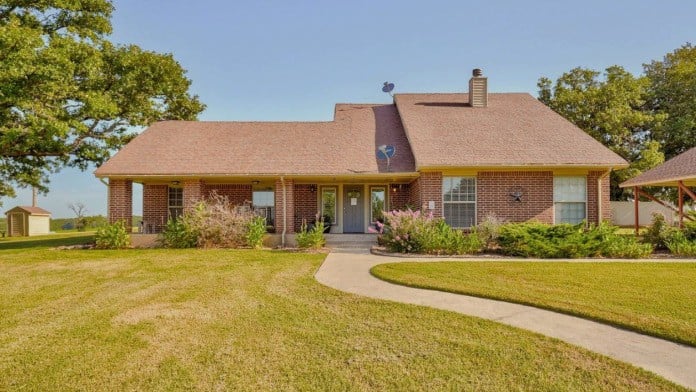
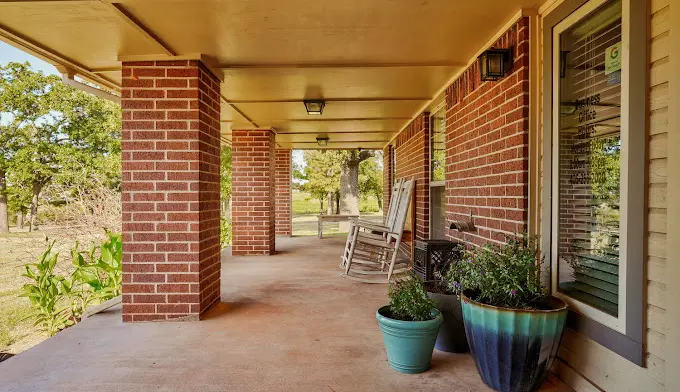
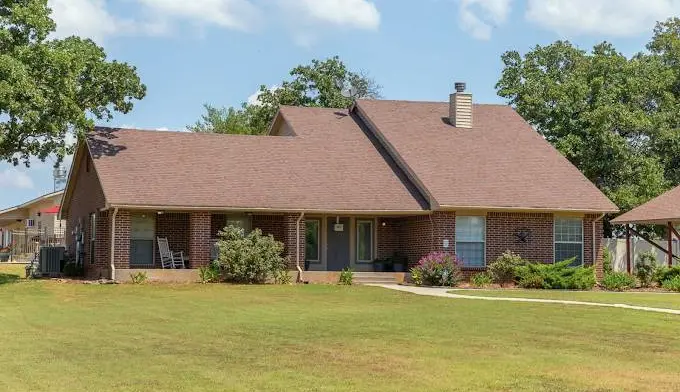
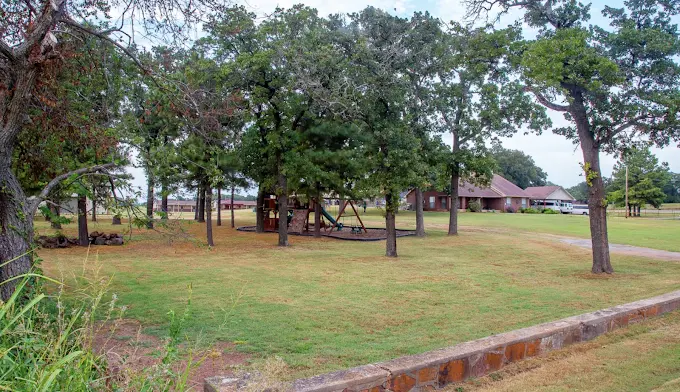
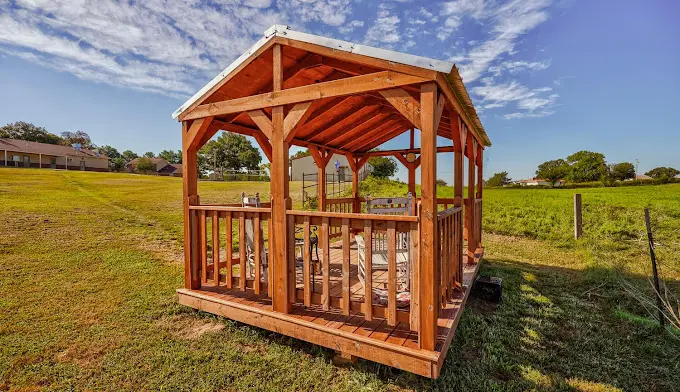
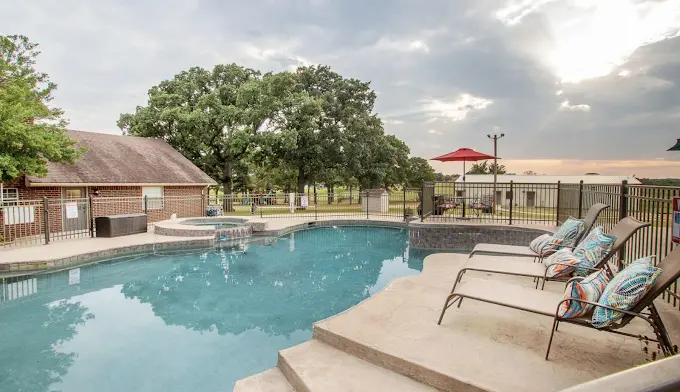
Location
Other Forms of Payment
Private insurance refers to any kind of healthcare coverage that isn't from the state or federal government. This includes individual and family plans offered by an employer or purchased from the Insurance Marketplace. Every plan will have different requirements and out of pocket costs so be sure to get the full details before you start treatment.
Self-pay involves paying for treatment out of your own pocket. You can use savings or credit, get a personal loan, or receive help from family and friends to fund your treatment. If you don't have insurance or your insurance plan doesn't cover a specific program, self-pay can help ensure you still get the care you need.
Addiction Treatments
Levels of Care
Treatments
The goal of treatment for alcoholism is abstinence. Those with poor social support, poor motivation, or psychiatric disorders tend to relapse within a few years of treatment. For these people, success is measured by longer periods of abstinence, reduced use of alcohol, better health, and improved social functioning. Recovery and Maintenance are usually based on 12 step programs and AA meetings.
To address the issues of addiction, each drug rehab in Oklahoma is tailored to meet the individual's needs. Treatment may occur in a residential or outpatient setting, and may last from a few days to several months.
Many of those suffering from addiction also suffer from mental or emotional illnesses like schizophrenia, bipolar disorder, depression, or anxiety disorders. Rehab and other substance abuse facilities treating those with a dual diagnosis or co-occurring disorder administer psychiatric treatment to address the person's mental health issue in addition to drug and alcohol rehabilitation.
A combined mental health and substance abuse rehab has the staff and resources available to handle individuals with both mental health and substance abuse issues. It can be challenging to determine where a specific symptom stems from (a mental health issue or an issue related to substance abuse), so mental health and substance abuse professionals are helpful in detangling symptoms and keeping treatment on track.
Opioid rehabs specialize in supporting those recovering from opioid addiction. They treat those suffering from addiction to illegal opioids like heroin, as well as prescription drugs like oxycodone. These centers typically combine both physical as well as mental and emotional support to help stop addiction. Physical support often includes medical detox and subsequent medical support (including medication), and mental support includes in-depth therapy to address the underlying causes of addiction.
Programs


Clinical Services
If you participate in cognitive behavioral therapy in Oklahoma, you can expect to attend somewhere between five and 20 sessions. This short term method is an effective way to learn healthy coping strategies that help you change your thinking and behavior patterns.
Group therapy is any therapeutic work that happens in a group (not one-on-one). There are a number of different group therapy modalities, including support groups, experiential therapy, psycho-education, and more. Group therapy involves treatment as well as processing interaction between group members.
In individual therapy, a patient meets one-on-one with a trained psychologist or counselor. Therapy is a pivotal part of effective substance abuse treatment, as it often covers root causes of addiction, including challenges faced by the patient in their social, family, and work/school life.
Motivational interviewing may be used on its own or in conjunction with other treatment approaches. It is designed as a mode of communication rather than an intervention. It involves asking questions, listening, and encouraging clients to come to their own conclusions and feel empowered to make changes in their lives.
Research clearly demonstrates that recovery is far more successful and sustainable when loved ones like family members participate in rehab and substance abuse treatment. Genetic factors may be at play when it comes to drug and alcohol addiction, as well as mental health issues. Family dynamics often play a critical role in addiction triggers, and if properly educated, family members can be a strong source of support when it comes to rehabilitation.
Staff & Accreditations
Staff
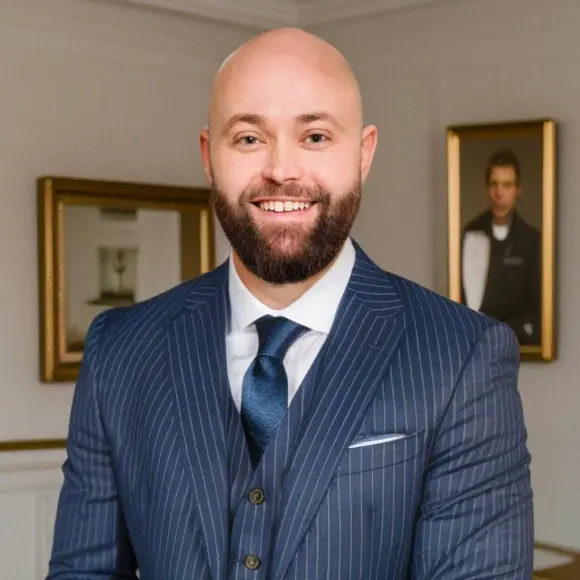
COO
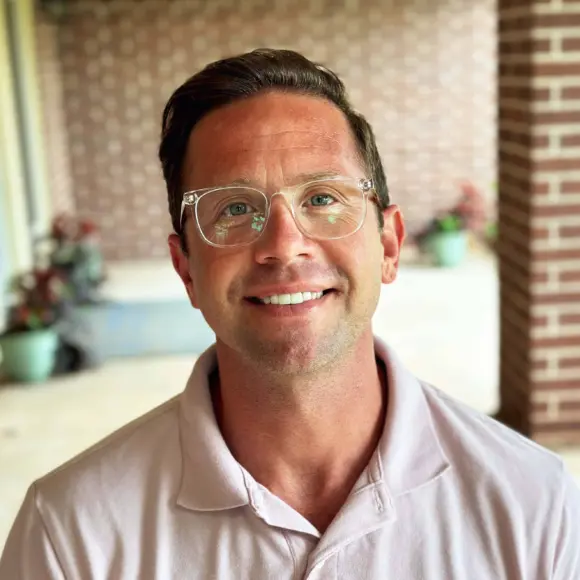
Executive Director
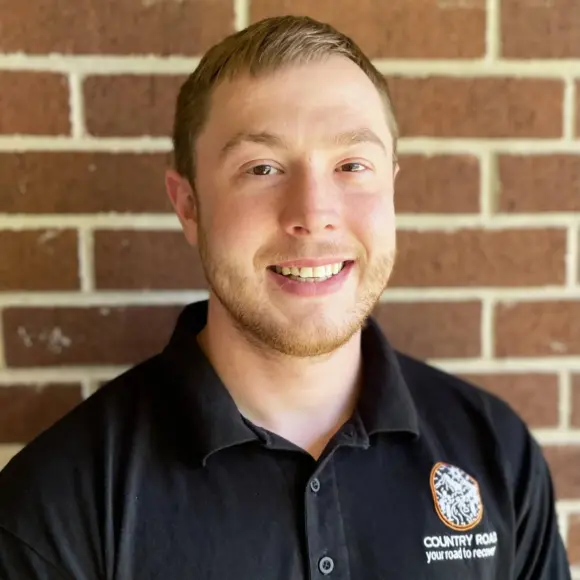
Clinical Director
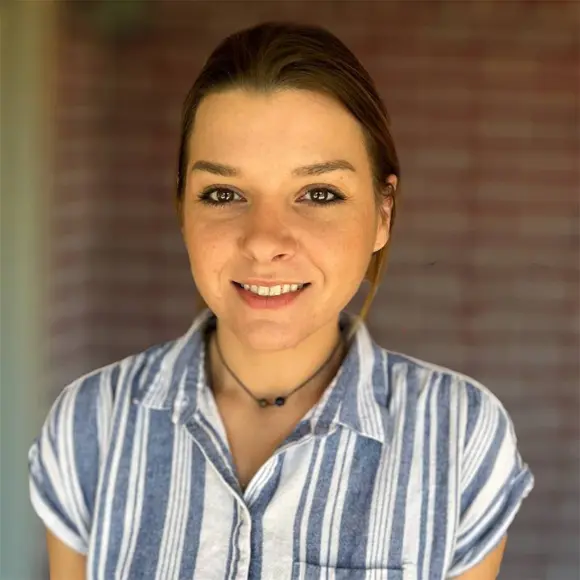
Director of Admissions
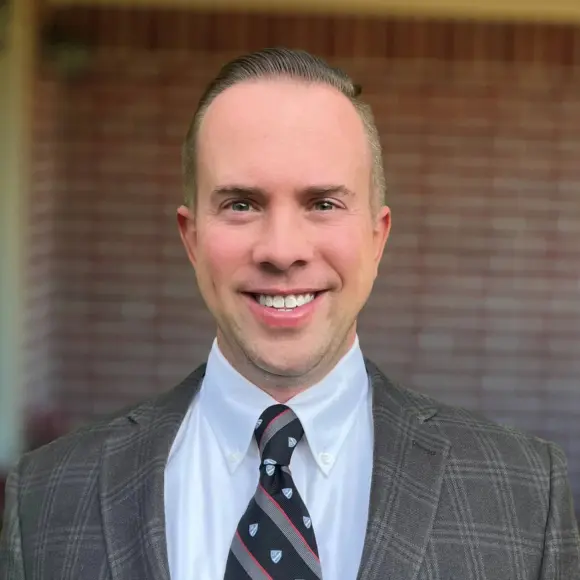
Medical Director
Accreditations

The Commission on Accreditation of Rehabilitation Facilities (CARF) is a non-profit organization that specifically accredits rehab organizations. Founded in 1966, CARF's, mission is to help service providers like rehab facilities maintain high standards of care.
CARF Accreditation: Yes
Contact Information
24962 Okay Road
Tecumseh, OK 74873
